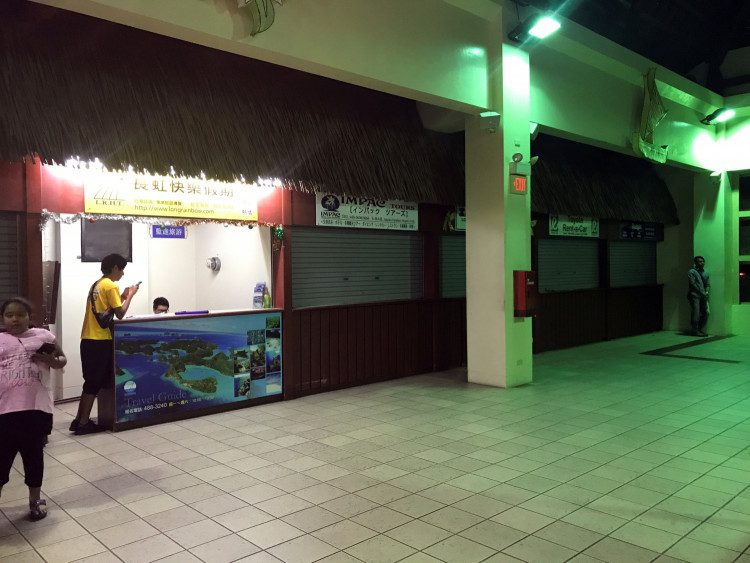Palau, an island nation that used to enjoy a regular stream of as much as 55,000 Chinese tourists yearly, now endures unfilled hotel accommodations, inactive tour boats, closing travel agencies, and eerie unfinished real estate constructions.
The nation's now lackluster tourism is the impact of China's ban of tour groups going to the island destination. The Pacific nation, one of Taipei's 18 remaining allies, is caught in between of mounting diplomatic tensions between Beijing and Taiwan, with the latter refusing to bow down on "one China" policy. The "one China" policy asserts that Taiwan is part of China.
Palau seems to be standing its ground alongside Taiwan even it would mean a dying tourism industry for the Pacific nation. Out of the 122,000 visitors of the island in 2017, only 9,000 came from Taiwan according to Reuters.
Tommy Remengesau, Palu president, told Reuters there had been no official words from China that it is restricting tourism to the island. He, however, added that it is no secret that China would like Taiwan's allies to side with Beijing on the matter. The president stressed that his country has no say whether Taiwan respects the one-China policy.
Johnson Toribiong, former Palau president that served until 2013, believed that Palau should not isolate itself from China because the country is currently in-demand among investors and businessmen. These investors do not care about political consequences, but would rather cling to a nation which is more economically stable, Toribiong said.
Toribiong echoes opinions from former government officials of Micronesia. They think that China's Belt and Road initiative can become Palau's significant source of investment if it could only embrace the "one China" policy.
For the meantime, as Palau chose to sit out the escalating China-Taiwan rift sans concrete diplomatic stand, Palau's efforts are centered towards high-spending travelers rather than promoting mass tourism, the resident said.
Still, tourism bleeds in the island nation. Palau Pacific Airways terminated flights to China in July after suffering 50 percent fall in Chinese bookings. Chains of hotels and restaurants have always been empty, travel agencies have folded, and boats which used to take tourists to Rock Islands float idly at the piers.
One resort owner told Reuters constructions were now placed on hold after Chinese investors secured 99-year leases for around 60 hotel projects before 2017. A construction site by China's Hanergy group now shows signs of abandonment with its metal gates already consumed by corrosion. A supposed destination mansion is now filled with vandalism.
Meanwhile, Taiwan president Tsai Ing-wen said on Monday her country would not bow down to pressure from China. She said this in the sidelines of her stopover in the United States which is a strong critic of China's sovereignty over Taipei. Taipei Times reported that the president expressed hope that Taiwan and the United States will work together to defend the free-market economy amid China's pressures.






